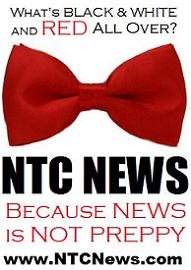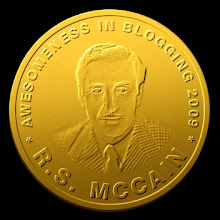What may be crucial in the end is whether people become comfortable with the prospect of Obama as their president.Hmmm. Recently, in a conversation with another reporter, I mentioned Hunter S. Thompson's belief that what really hurt George McGovern in the Eagleton affair was that it changed the perception of McGovern, exposing him as "just another politician." While Democrats may justify Obama's decisions as Machiavellian power politics, the fact is that these choices contradict Obama's carefully crafted image as something new and different, something better than other politicians.
McCain benefits from a long-established reputation as a man who says what he believes. His shifts in position that have occurred in this campaign seem not to have damaged that aura.
Obama is much newer to most voters, less familiar and more dependent on the impressions he is only now creating.
That is why a pair of strategy decisions made in the past two weeks could prove troublesome for him. The first was Obama's turning down McCain's invitation to join him in a series of town hall meetings. . . .
[Obama spokesman Robert] Gibbs and campaign counsel Bob Bauer defended Obama's decision to become the first presidential candidate since the Watergate reforms to decline public financing of his general election campaign.
Gibbs and Bauer in effect blamed McCain, saying repeatedly that he was "gaming the system" by pledging to accept public funds while saying he could not "referee" spending by outside independent groups if it occurred. In fact, McCain had been far more vocal in denouncing such groups on the GOP side than Obama was in criticizing their counterparts playing Democratic presidential politics. . . .
Obama raises an important question: Has he built sufficient trust so that his motives will be accepted by the voters who are only now starting to figure out what makes him tick?
It may be that Broder's column reflects a new and more critical attitude toward Obama among some in the media -- which is what Amato fears. If he is viewed as "just another politician," Obama won't be getting a free ride.













No comments:
Post a Comment